The IEEE Grade of Fellow is conferred by the Board of Directors upon a person with an extraordinary record of accomplishments in any of the IEEE fields of interest. A brief citation is issued to new Fellows describing their contributions, limited to the total number selected in any one year to not exceed one-tenth of one percent of the total voting Institute membership. The full list of Solid-State Circuits Society Members who are IEEE Fellows are listed here. Complete information about the IEEE Fellows Program may be found here.
Recently SSCS formed the Fellow Search Committee (FSC) to increase the number of Fellow nominations of its members. The FSC can provide help in identifying nominators for society members during the summer, serve as mentors to explain the recent changes in the Fellow evaluation process to nominators starting in September, and provide feedback on nominations starting in October. The chair of the SSCS Fellow Search Committee is Wanda Gass. To request help from FSC, please contact .
FSC Members: Lucien Breems, Doug Garrity, Stefan Heinen, Howard Luong, Katsu Nakamura, Bich-Yen Nguyen, Shanthi Pavan, Zhihua Wang
All parts of the Nomination (form, references and endorsements) must be submitted by Feb 7. All Nominations go through a rigorous review process. First, the IEEE Society/Council’s Fellow Evaluating Committee (S/C FEC) indicated on the nomination form, will assess the nominee’s technical qualifications and contributions. The chair of the SSCS Fellow Evaluation Committee is Hideto Hidaka (hideto.hidaka.pz-at-renesas.com)
FEC members: Tzi-Dar Chiueh, Jan Craninckx, Thomas Cho, Michael Flynn, Kadaba Lakshmikumar, Philip Mok
Next, the IEEE Fellow Committee reviews the nominees and rates them numerically according to the following criteria:
- Significant contributions as a Technology Innovator, Educator, Research Engineer/ Scientist, Technical Leader, or Standards Contributor
- The ranking of the individual by the S/C FEC
- Opinions of References and Endorsements
- Service within the IEEE and/or other professional engineering organizations
- Total years in the profession
2025 IEEE Fellows Elevated by SSCS
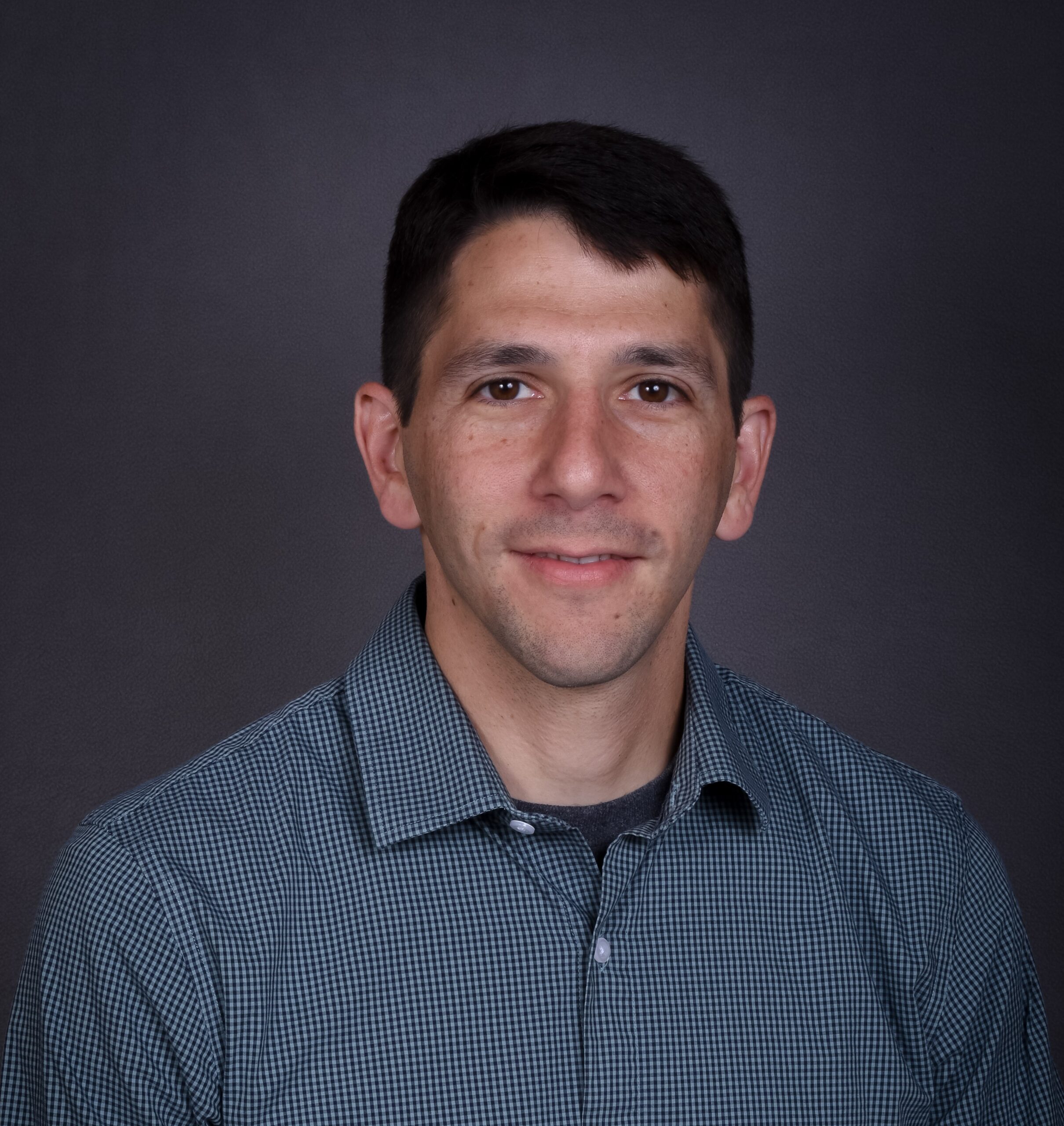
Brian Ginsburg
for contributions to CMOS mm-wave radars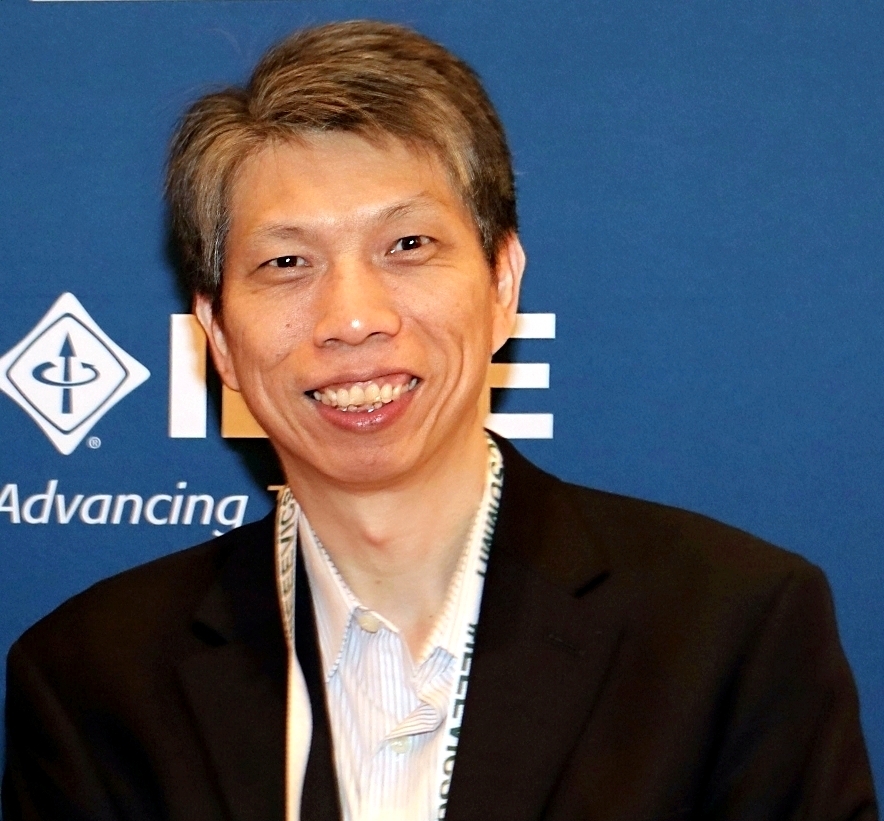
Chih-Ming Hung
for contributions to CMOS digitally-assisted RF designs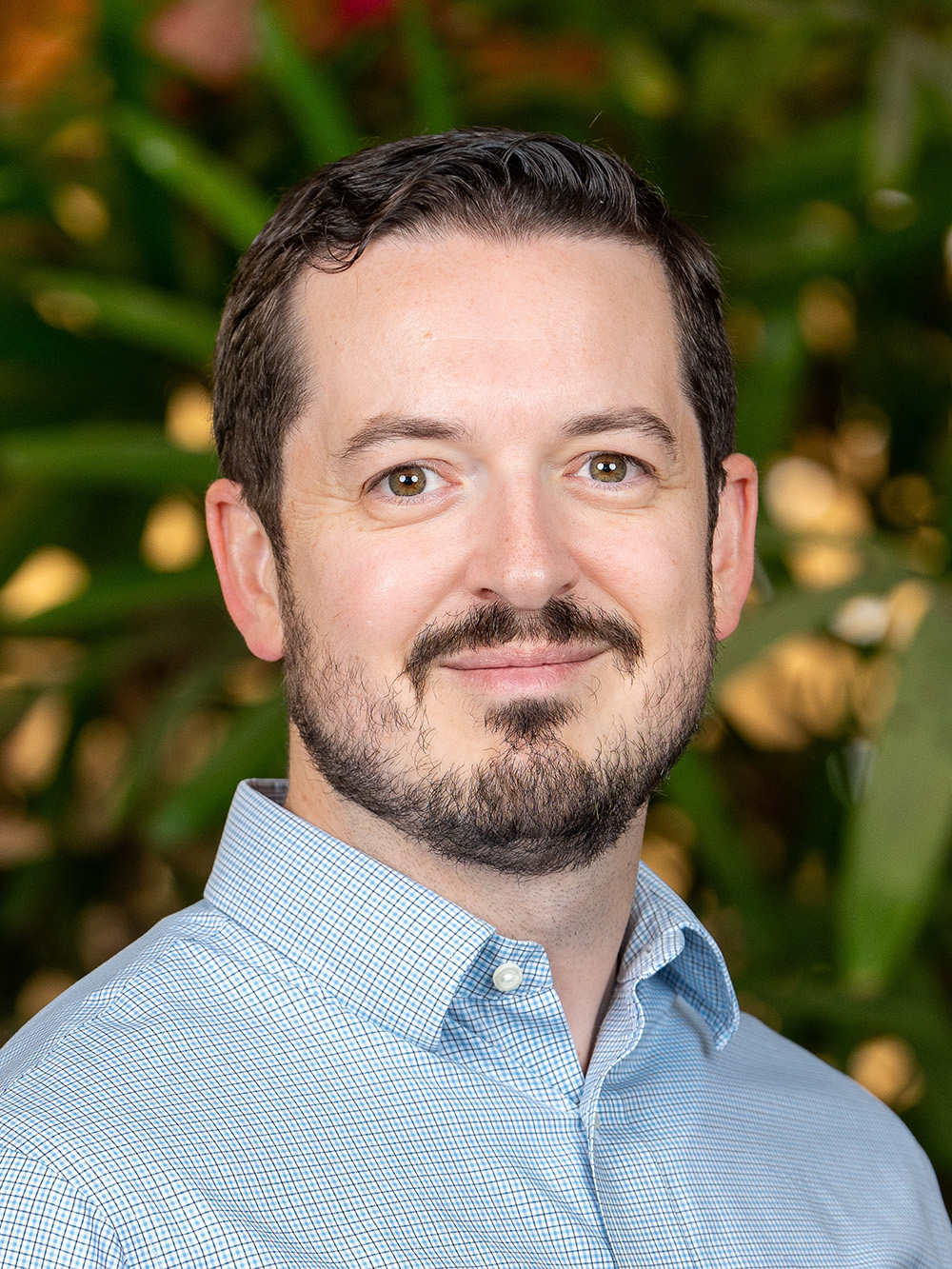
Patrick Mercier
for contributions to low-power and energy-efficient circuits and systems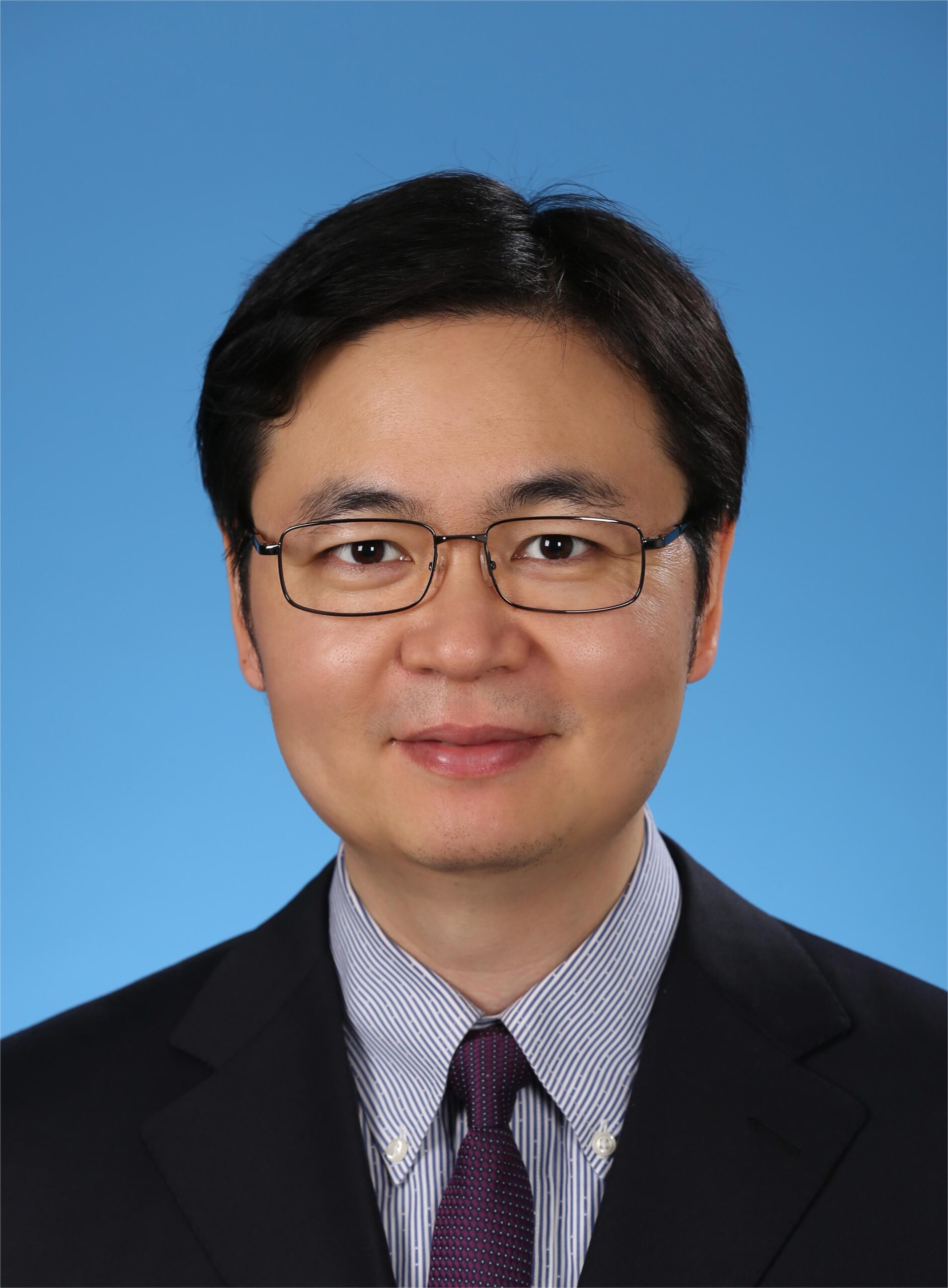
Nan Sun
for contributions to noise-shaping ADC and mixed-signal circuits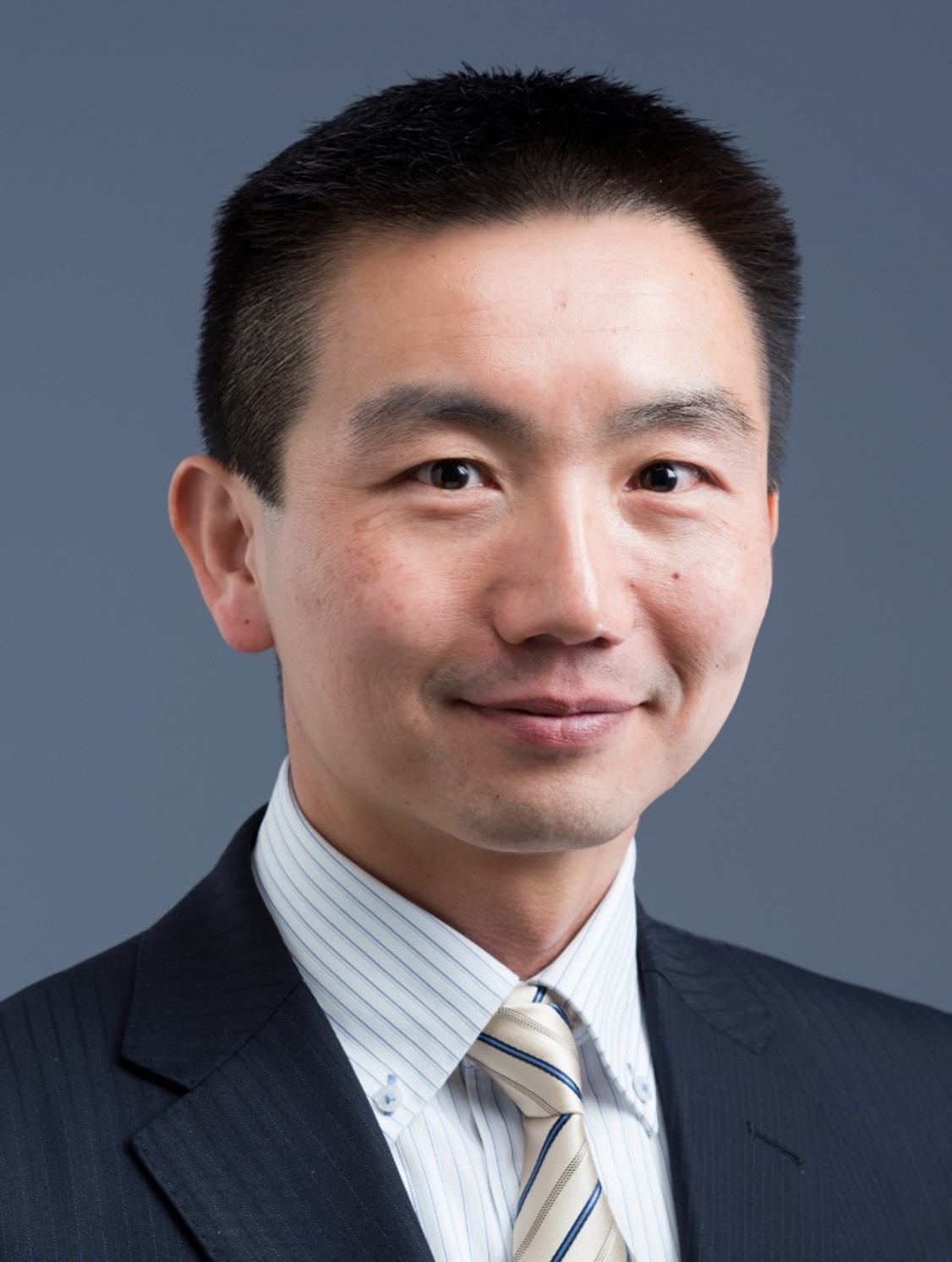
Makoto Takamiya
for contributions to digitally controlled integrated power management circuits2025 Fellows Elevated by Other IEEE Entities (SSCS Members)
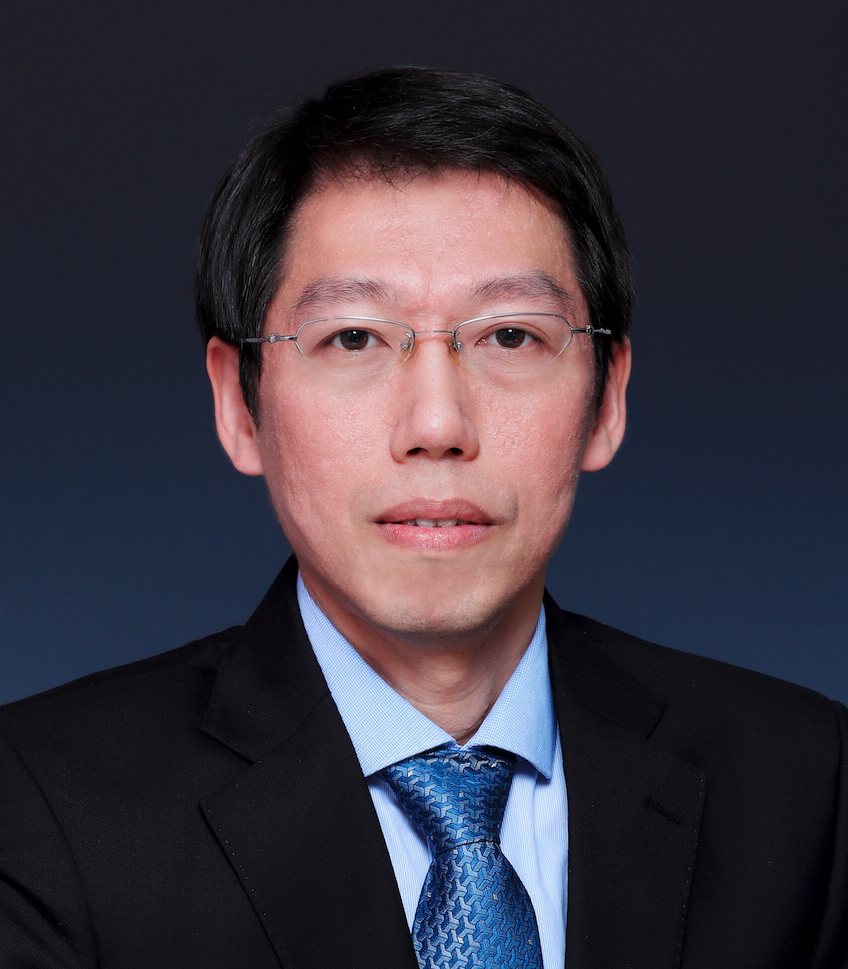
Shouyi Yin
for contributions to energy-efficient AI chip architectures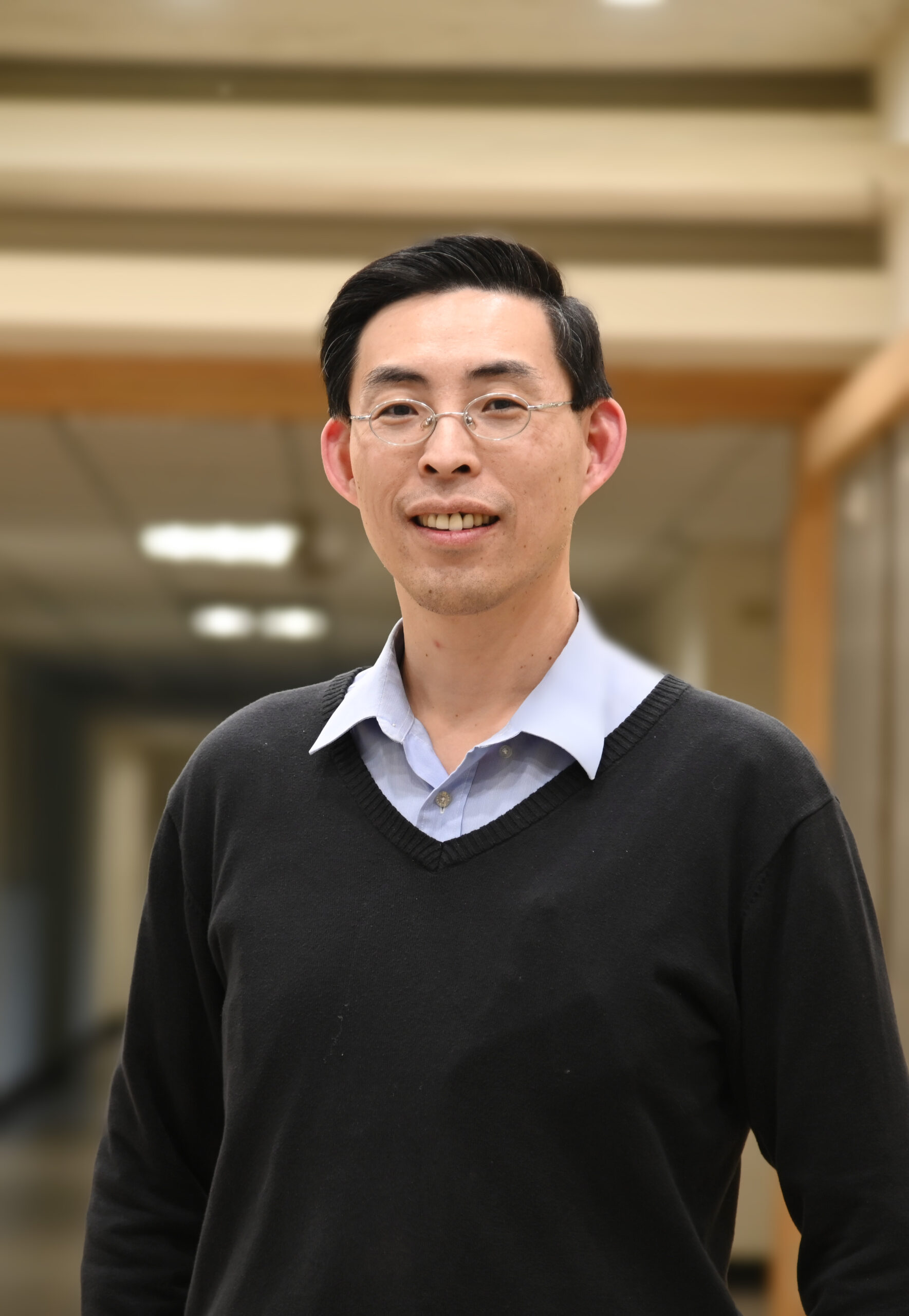
Kea-Tiong Tang
for contributions to smart miniature electronic nose circuits and systems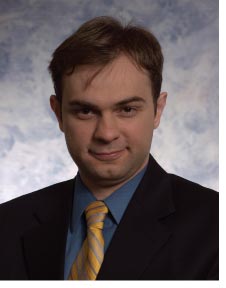
Kamran Entesari
for contributions to millimeter-wave high-efficiency front ends and high-linearity mixer-first receivers
Aarno Parssinen
for contributions to direct conversion and digital RF transceivers and hardware-aware communications systems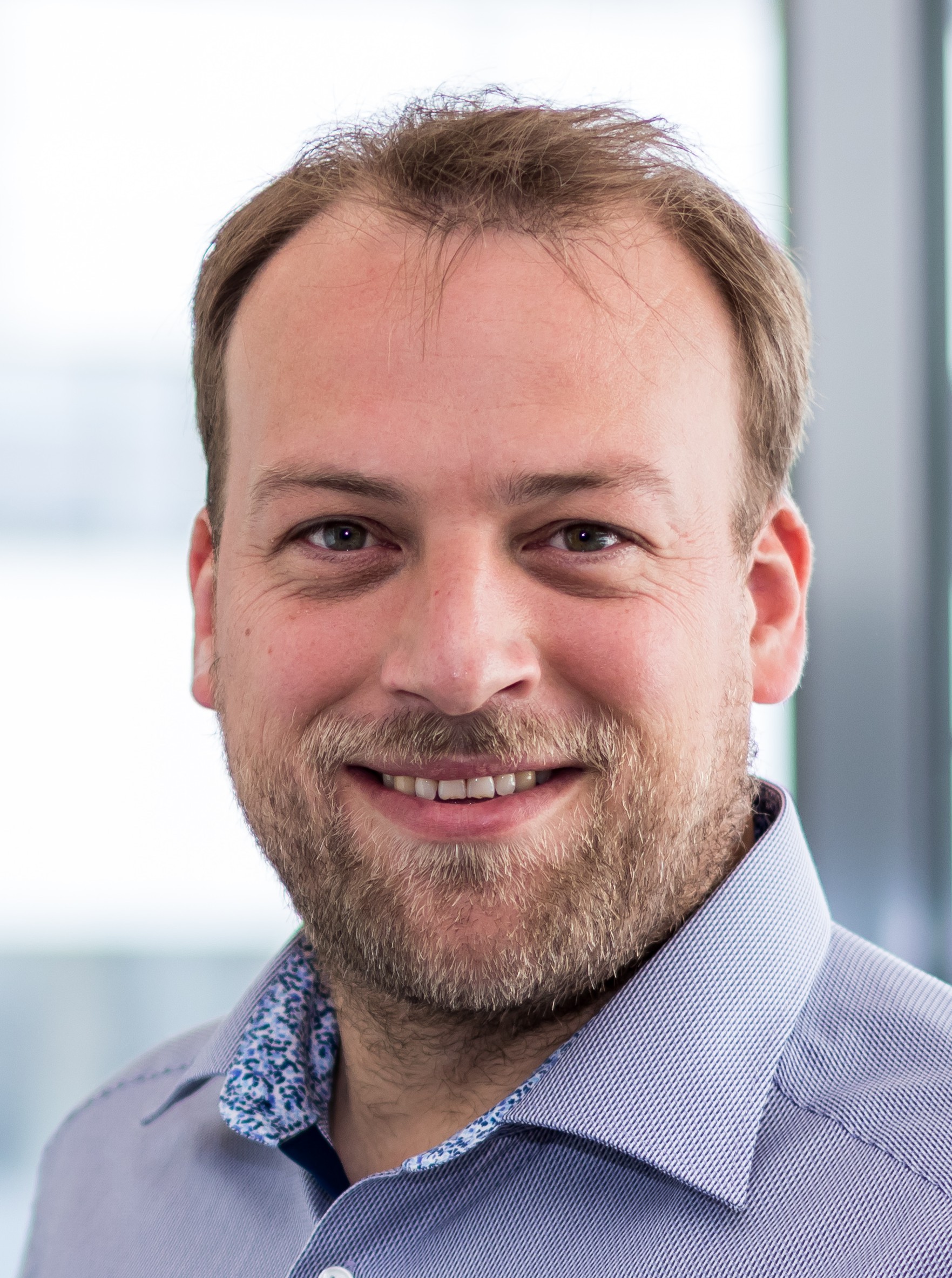
Nils Pohl
for contributions to wideband and ultra-precise millimeter-wave radar sensors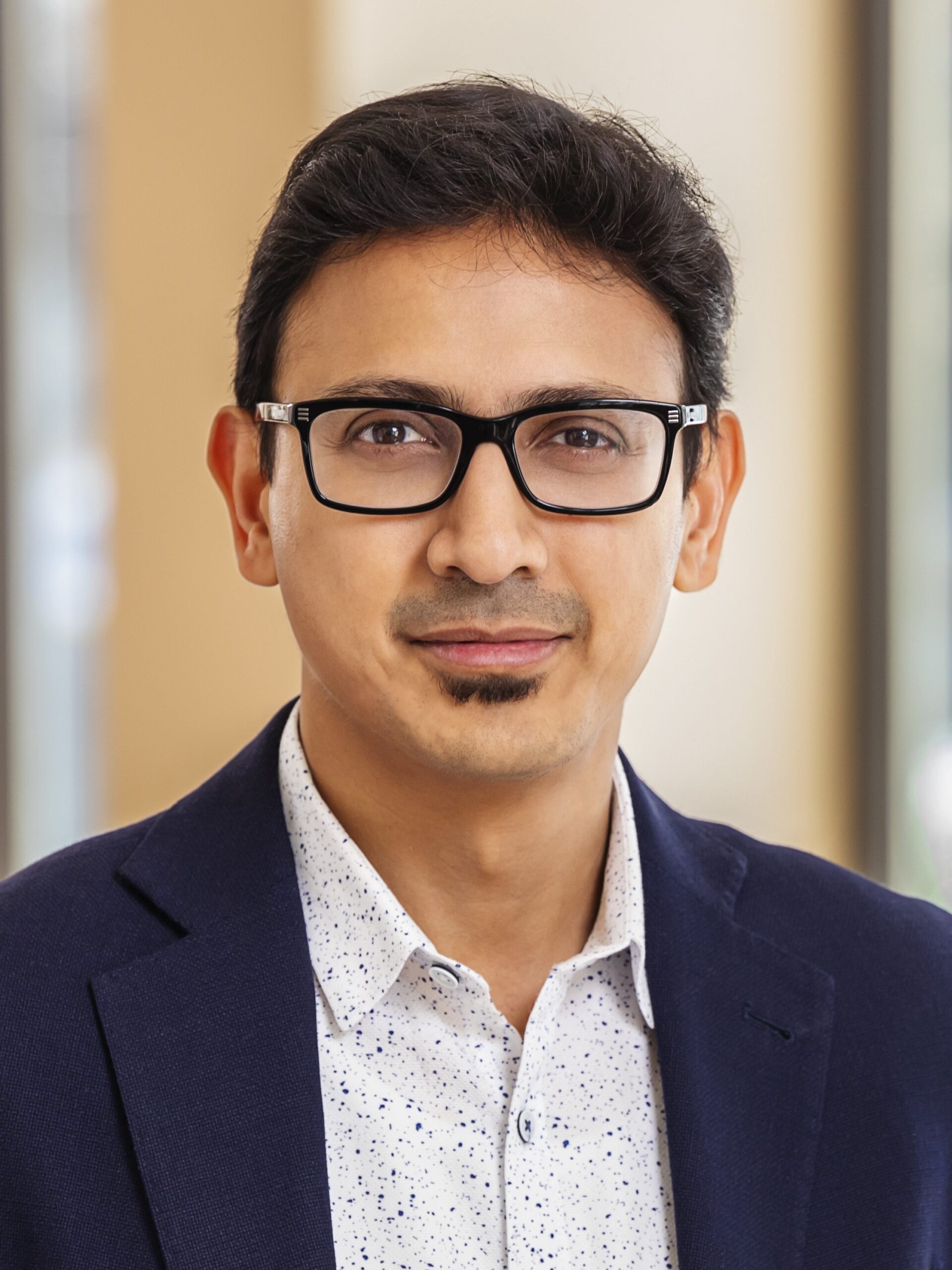
Kaushik Sengupta
for contributions to millimeter-Wave and terahertz technology in silicon-based integrated circuits
Adrian Tang
for contributions to Millimeter-Wave Systems-on-Chip Instruments for space science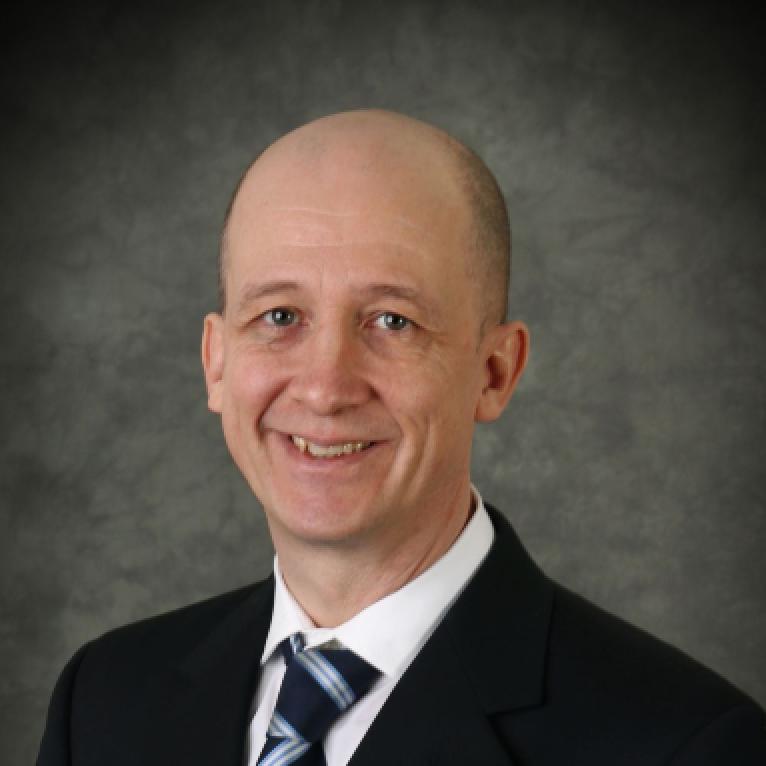
Patrick Schaumont
for contributions to the implementation and evaluation of hardware securityThe full list of Solid-State Circuits Society Members, who are IEEE Fellows, are listed here.



